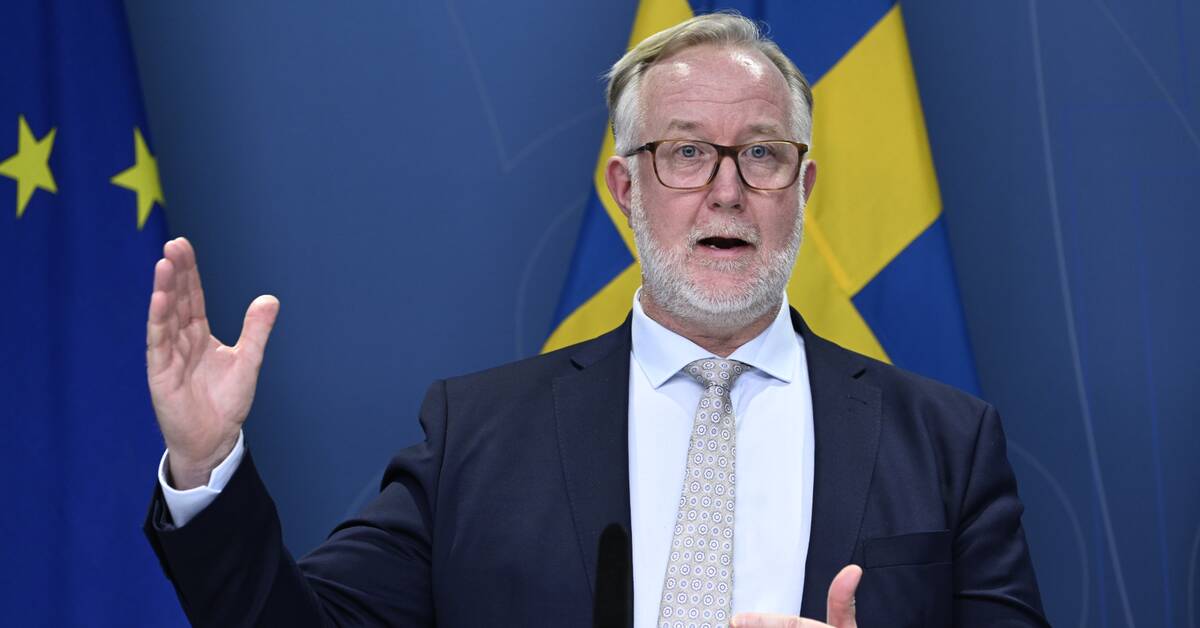The Riksdag voted yes to the new law on foreign espionage last spring.
Since it is a constitutional amendment, a new decision must be made after the election, specifically on Wednesday.
On Tuesday, the Left Party and the Green Party submitted a request that the bills be put on hold for twelve months.
They refer to the fact that the legislative proposals involve restrictions on the freedom to notify and acquire and therefore need to be investigated more carefully.
It is required for the law to be postponed
A declaration of moratorium can be brought if at least ten members request it.
If at least five-sixths of those voting still approve the bill, it passes.
This means that at least 58 members must support a declaration of moratorium.
V, MP and L together have that number of members, but since L does not support the request, it will fail in the House.
The Liberals changed their mind
Last spring, the Left Party and also the Liberals voted against the law.
L leader Johan Pehrson then wrote in his opinion in the justice committee that the law "does not have the clarity and predictability that is necessary so that individuals do not, for reasons of caution, refrain from exercising their constitutionally protected freedoms of expression and information".
But what has changed since then?
- We believe that the justifiability part that is included would have been clarified, but now we are faced with the existing bill.
We have no other choice, but now in this difficult situation we support the overwhelming majority in the Riksdag who stand behind this proposal, says Johan Pehrson (L) to TT.
You can, with V and MP, postpone the law for twelve months.
-
Yes, but we have made the assessment that the situation is so incredibly serious in our surrounding world.
We gave everyone else the chance but they chose not to listen to what we wrote.
Threats to democracy
Several media companies, including SVT and SR, warn that the proposed law threatens democracy and freedom of expression.
The Swedish branch of the International Commission of Jurists warns that the law will have a restraining effect on whistleblowers and other important sources for investigative journalists.
Javascript is disabled
Javascript must be enabled to play video
Read more about browser support
Justice Minister Gunnar Strömmar (M) defends the debated constitutional amendment - see his argument and Jessica Wetterling's (V) counterargument in the clip.
Photo: Henrik Norrsell

